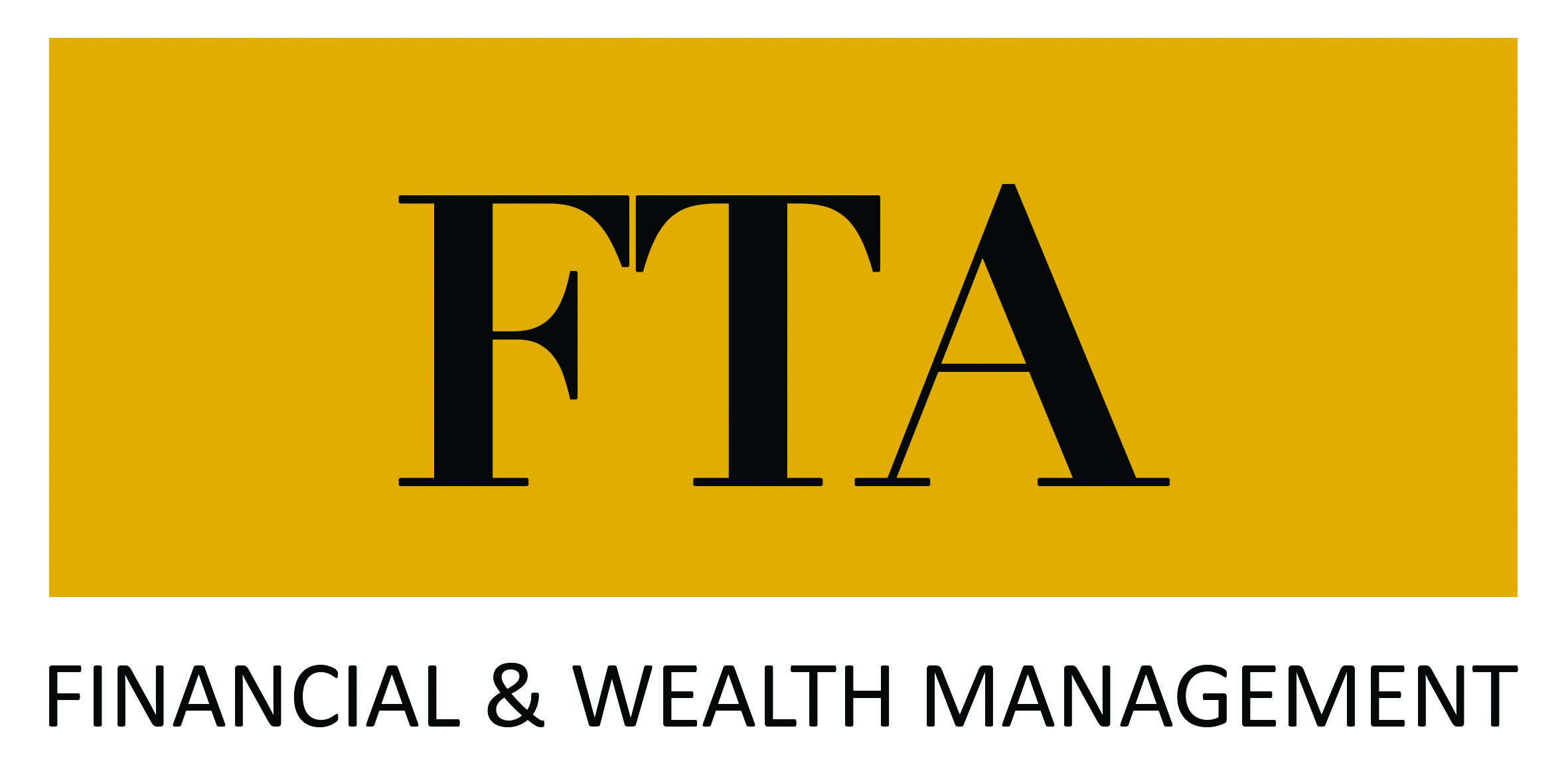Google Rating
5.0 Andy Baxendale
14:47 26 Apr 24
Adam and the team have been advising and supporting me and my wife for around 5 years. He has always provided sound advice in a friendly, but professional manner. I recall the first time meeting Adam, and my pensions were such a wide, complex set of portfolios we required extra forms to complete all the information gathering. Since then Adam has rationalised these into a more manageable state.I work in the regulated industry and recently was the subject of an internal audit, Adam and the team rallied to support the long, complex and demanding process.I can't praise the team enough for their outstanding work, so I thought I'd publicly say here how much I value the work they do.
Simon Beckwith
10:12 10 Nov 23
Adam has looked after my financial affairs since I sold my dental practice four years ago .I have always found him thoroughly professional ,independent ,quick to respond ,efficient and very likeable . Building a personal trusting relationship with your financial advisor with regular face to face meetings is so important and in this regard Adam comes up trumps I cannot recommended Adam and his colleagues at FTA highly enough.
Mike Walsh
18:15 05 Jun 22
I have the highest regard for FTA Financial & Wealth Management. I have been dealing with Adam and Sue for about 7 years, and have been given sound advice in that time. I am always kept well informed, have regular reviews, and the results have been excellent. I recommend them without reservation.
David Wilkinson
09:58 09 Dec 20
Many thanks to Christine for aranging our Directors Life Insurance for our business aquisition loan - she got the best prices and did all the hard work aranging appointments and talking to the GP surgeries. A FANTASIC service.
Koray Feran
08:04 15 Mar 20
Sue Delahunty and more recently Adam Brookbanks have looked after my health insurance, will and financial security arrangements for the best part of 2 decades. They are approachable, communicative, knowledgeable, efficient and have offered very good advice that has given me sustained peace of mind. It has been a pleasure working with them and seeing them grow as a result of hard work and gained trust. For all dental colleagues requiring a balanced and comprehensive approach to their financial planning that will be around for their whole career, I have no hesitation in recommending them..Dr Koray Feran BDS MSc FDSRCSClinical Director LCIAD Ltd
Tim Jones
18:29 26 Feb 20
I’ve benefited from Sue’s and more latterly Adam’s excellent advice for many years. They are efficient, professional and great communicators and have my complete trust. I would certainly recommend them to fellow professionals.
Ashkan Pitchforth
17:14 30 May 19
I have used Christine Hawes at FTA now on a number of occasions. First class service. She is spot on with advice; approachable; always at the end of the phone; and does everything to ensure the cover is in place as required. There is no need for me to go to anyone else because the service is perfect. I would recommend her to all, and will continue to use her services in the future.
john swift
13:02 24 May 19
I have used FTA Financial for many years now. The information given to me has always been concise and easy to follow. The times when their help has been needed I have been able to ask , and the processes completed quickly efficiently and in a personable manner. I'd really recommend them to everyone. Very pleased with every aspect.
AME Erwee
09:32 23 May 19
I have been a client of Sue at FTA Financial & Wealth for many years. I can’t recommend Sue and her team and in particular Christine Hawes highly enough. Through the years, I have been given sound advice and superb professional service from the team, quick and efficient in dealing with any queries and their support absolutely phenomenal!
Mike Walsh
12:15 08 May 19
I have the highest regard for FTA Financial & Wealth Management. I have been dealing with Adam and Sue for about 4 years, and have been given sound advice in that time. I am always kept well informed, have regular reviews, and the results have been excellent. I recommend them without reservation.

